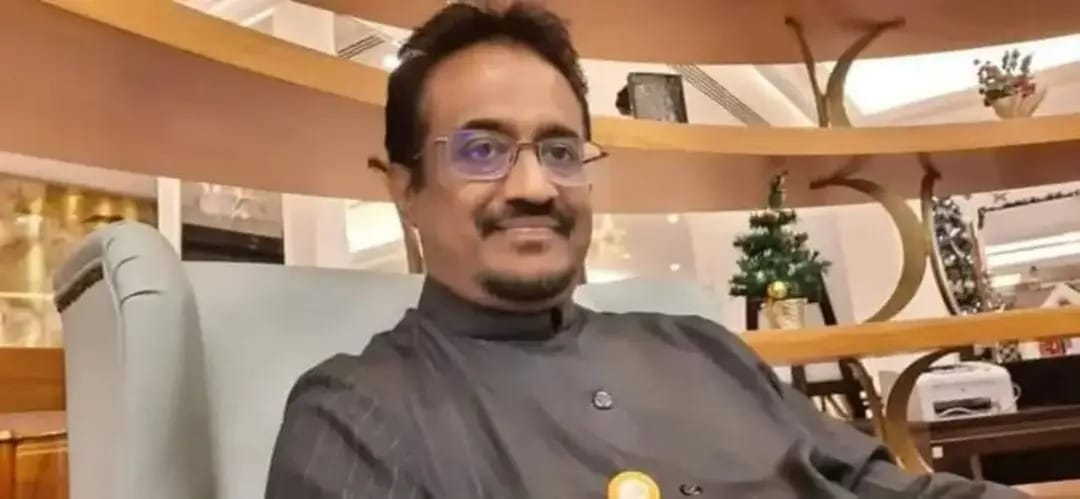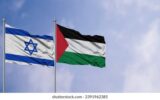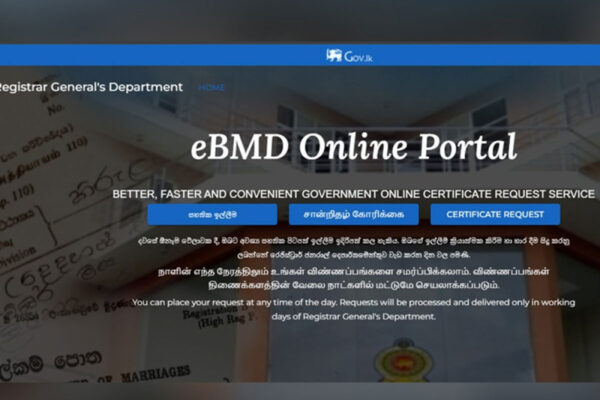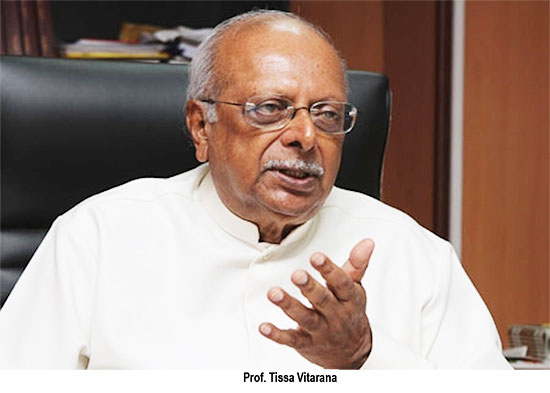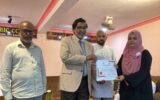MASIHUDEEN INAMULLAH
COLOMBO : Sri Lanka has been haunted not by the specter of fascism, but by something far more insidious constitutional authoritarianism. It is therefore disingenuous for today’s political actors to brandish slogans about “fascist threats” when history shows that authoritarianism has been embedded in our political system since 1978.
When J. R. Jayewardene’s United National Party swept to power with a four-fifths majority, it introduced the executive presidency; a system that concentrated power in one individual. What followed was the steady erosion of parliamentary democracy. Opposition was crushed when the citizenship of Sirimavo Bandaranaike, then Opposition Leader with just eight MPs, was revoked. Parliament itself was reduced to a rubber stamp.
Those who theatrically tore up Chandrika Kumaratunga’s constitutional reform proposals in 1996 were the very same who had paved the way for authoritarianism in the first place. Mahinda Rajapaksa later entrenched it further by discarding the 17th Amendment and bringing in the 18thA, while Gotabaya Rajapaksa’s 20th Amendment rolled back the modest gains of the 19thA.
Ranil Wickremesinghe’s rise to power in the wake of the Aragalaya was also enabled by this authoritarian framework. He suppressed the people’s uprising, clung to office without elections, and shielded the corrupt political culture of the past. All of this, too, was constitutional authoritarianism.
Today, it is the National People’s Power (NPP) that has begun dismantling this authoritarian grip. The NPP government is strengthening the independence of the judiciary, public service, police, and other vital institutions, while pursuing systemic reforms aimed at ending the bankrupt political culture of corruption, family rule, bureaucratic abuse, underworld influence, and business mafias.
These changes have unsettled the entrenched political class; the “old band of thieves” forcing them into uneasy alliances. Yet their record speaks for itself: they failed to unite on the ethnic question, failed to unite against authoritarianism, and even during Covid-19 and the economic collapse, chose to hurl accusations at each other. Now, these same forces seek to provoke instability once again.
The people, however, are not blind. They see how the judiciary and law enforcement are regaining independence. They also recognize the irony of Ranil Wickremesinghe calling for 1,000 satyagrahas, when not so long ago, united opposition forces could barely muster 1,000 people in Colombo while he was detained on corruption charges by the Colombo Magistrate’s Court.
In such a context, opposition leaders themselves admit that the UNP and the Samagi Jana Balawegaya must first reunite at their own “mother house” before seeking to rally others.
This is no time to undermine stability. With constitutional authoritarianism being dismantled and parliamentary democracy reinforced, Sri Lanka is finally moving in a healthier political direction. Minority communities, especially Muslims, must resist being drawn into destabilizing agendas.
The people have entrusted President Anura Kumara Dissanayake and the NPP government with a mandate to carry out their election program. This program has already earned respect both at home and abroad. Day by day, the country is witnessing tangible progress in politics, the economy, and governance. Until the next elections are held, the duty of all responsible citizens is clear: allow the government to implement its agenda and extend it the support needed to succeed.
As a representative of a community, I too carry grievances and wounds. But national priorities must come first. For Sri Lanka to break free from the grip of authoritarianism and corruption, unity around a progressive democratic agenda is not just desirable, it is essential.



